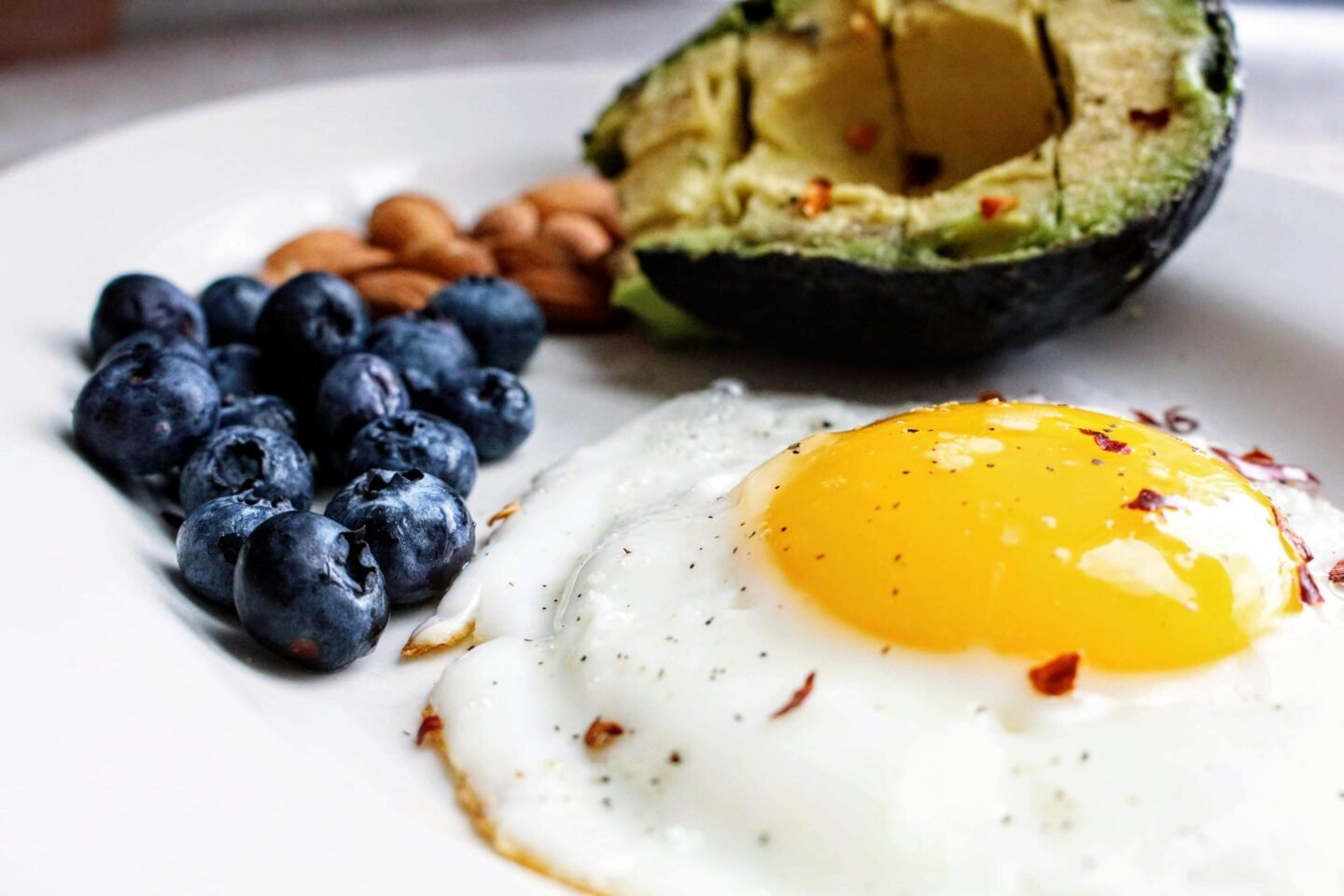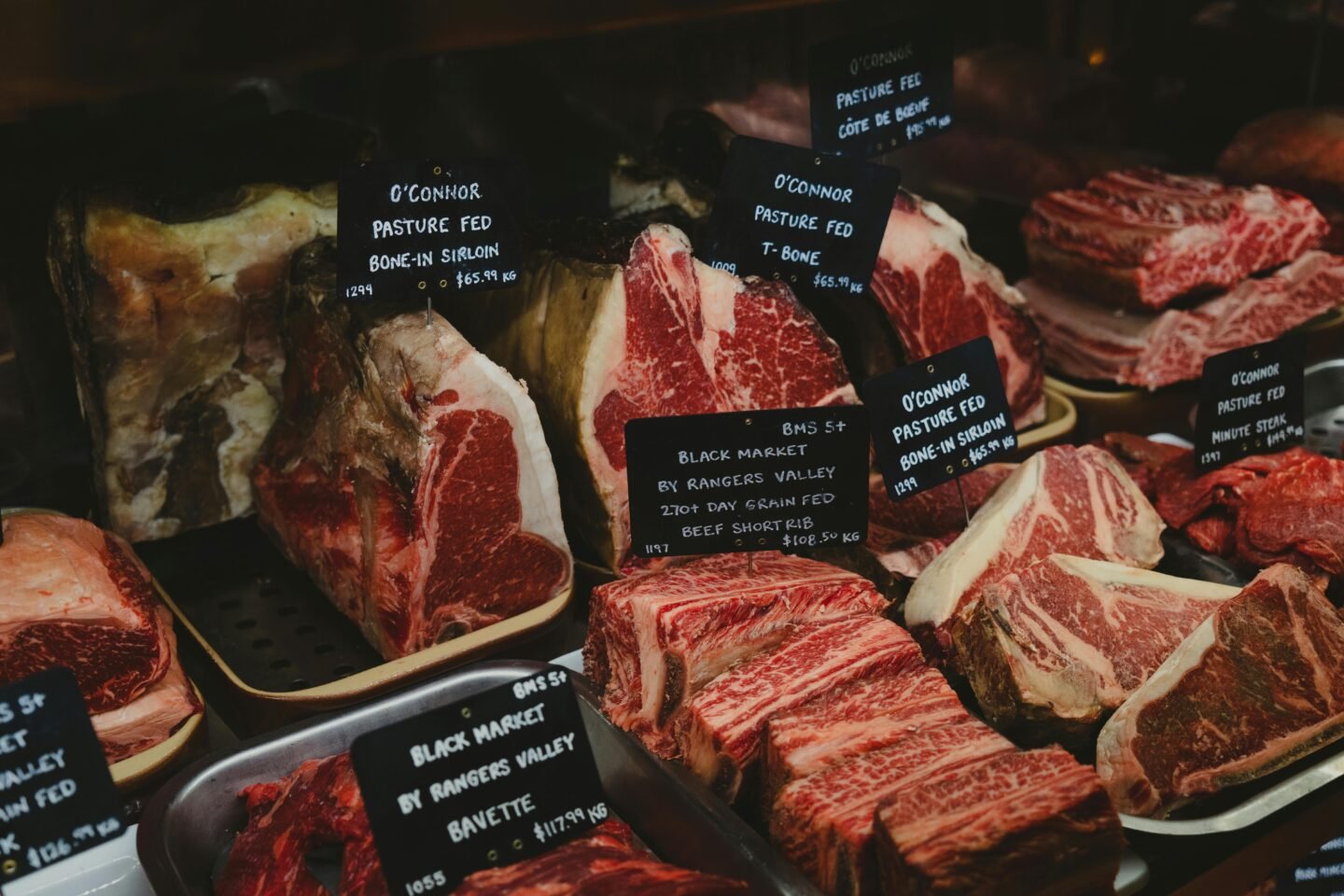Hey mama,
Can we talk for a minute about something that’s been weighing on my heart? I’ve been watching too many of us incredible women run ourselves ragged trying to keep our families healthy, only to find ourselves standing in grocery store aisles completely overwhelmed by conflicting nutrition labels and marketing claims.
Here’s the thing – and I say this with so much love – we’re making this way harder than it needs to be.
What “Real Food” Actually Means (Hint: Your Great-Grandmother Knew)
Real food is simple. It’s food that grows from the ground, walks on legs, swims in water, or comes from something that does. If your great-grandmother wouldn’t recognize it as food, it probably isn’t.
Think about it: an apple is real food. Apple-flavored fruit snacks? Not so much.
This isn’t about perfection, sweet friend. It’s about getting back to the nourishing foods God designed our bodies to thrive on. And the research backs this up beautifully – studies consistently show that people who eat more whole, unprocessed foods have lower rates of heart disease, diabetes, and even depression.

The Real Food Foundation for Busy Moms
Start with these five pillars:
Protein at every meal. Your body needs it to keep blood sugar stable (which means fewer afternoon crashes and less snapping at the kids). Think eggs, chicken, fish, beans, or even a handful of nuts. Research shows that adequate protein helps maintain muscle mass as we age and keeps us feeling satisfied longer.
Vegetables with every lunch and dinner. I know, I know – easier said than done with picky eaters. Start small. Add spinach to smoothies, grate carrots into spaghetti sauce, or serve raw veggies with hummus while you’re cooking dinner. Studies show that people who eat 5-7 servings of vegetables daily have significantly lower inflammation markers.
Healthy fats don’t make you fat. Avocados, olive oil, nuts, and fatty fish like salmon actually help your body absorb vitamins and keep your brain sharp. Plus, they make food taste amazing, which makes this whole real food thing sustainable.
Quality carbs, not cardboard. Sweet potatoes, oats, quinoa, and yes, even sourdough bread can absolutely be part of a real food lifestyle. Your brain runs on glucose, mama. Just choose carbs that come with fiber and nutrients attached.
Stay hydrated with actual water. I see you with that third Diet Coke. No judgment – I’ve been there. But your body desperately needs water to function well. Try adding lemon, cucumber, or mint to make it more interesting.
The 80/20 Rule That Will Save Your Sanity
Here’s what I wish someone had told me years ago: aim for real food 80% of the time, and give yourself grace for the other 20%.
This means if your kids want to split a sleeve of cookies after a great day, or you grab fast food because soccer practice ran late and everyone’s hangry – that’s life, not failure. The goal is progress, not perfection.
Research actually supports this approach too. Studies show that rigid, all-or-nothing thinking around food often leads to worse health outcomes than a flexible approach focused on overall patterns.
Practical Tips for Real-Life Implementation
Meal prep doesn’t have to be Pinterest-perfect. Wash and chop vegetables when you get home from the store. Cook a big batch of rice or quinoa on Sunday. Keep hard-boiled eggs in the fridge. These small steps make weekday meals infinitely easier.
Shop the perimeter first. Produce, meat, dairy – that’s where the real food lives. Fill your cart there before venturing into the middle aisles.
Read ingredients, not marketing claims. If there are ingredients you can’t pronounce or wouldn’t keep in your pantry, keep looking. The fewer ingredients, the better.
Get your family involved. Kids who help cook are more likely to try new foods. Even toddlers can tear lettuce or count out carrots. Make it fun, not stressful.

When You Feel Overwhelmed (Because You Will)
Sweet mama, there will be days when feeding your family feels impossible. When the thought of cooking one more meal makes you want to cry. When your budget is tight and processed food seems cheaper and easier.
On those days, remember: you’re not called to be perfect. You’re called to be faithful with what you have, where you are, right now.
Sometimes that looks like scrambled eggs and toast for dinner. Sometimes it’s pre-washed salad and rotisserie chicken. Sometimes it’s asking for help or ordering pizza and starting fresh tomorrow.
God sees your heart to nourish your family well, and He honors that intention even when execution falls short.
Small Steps, Big Impact
The beautiful thing about real food is that small changes compound over time. Start with one meal, one food swap, one new vegetable. Your future self – and your family – will thank you.
Research shows that it takes about 21 days to form a new habit, but be patient with yourself. Some days will be easier than others, and that’s completely normal.
Remember, you’re not just feeding bodies; you’re creating memories, establishing patterns, and showing your children that they’re worth nourishing well. That’s kingdom work, mama.
What’s one small step toward real food you can take this week? I’d love to hear about it.
Cheering you on, Mish
Want more practical tips for feeding your family well without the overwhelm? Sign up for my weekly newsletter where I share simple recipes, meal planning strategies, and encouragement for this beautiful, messy journey of motherhood.